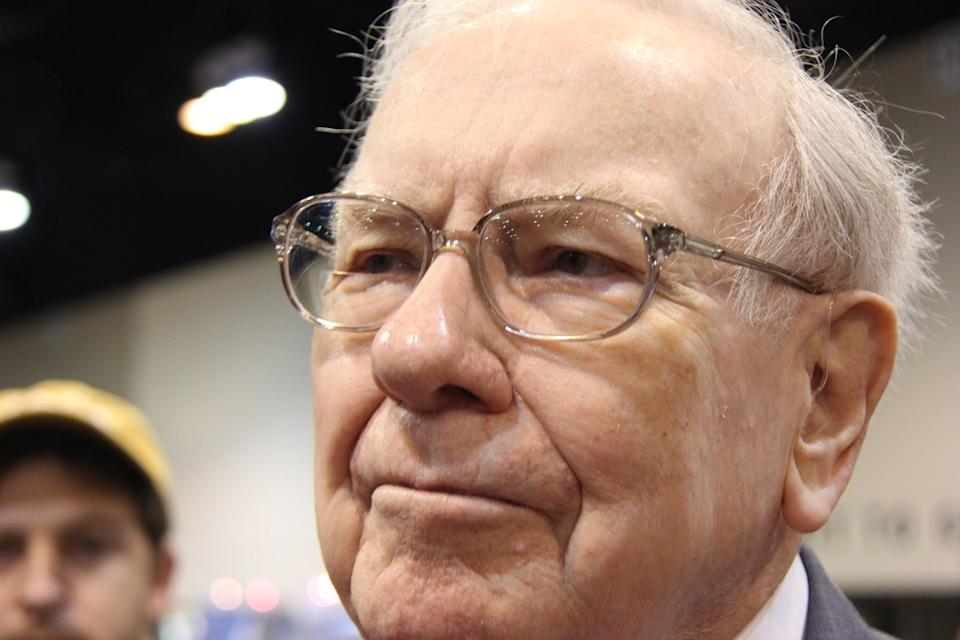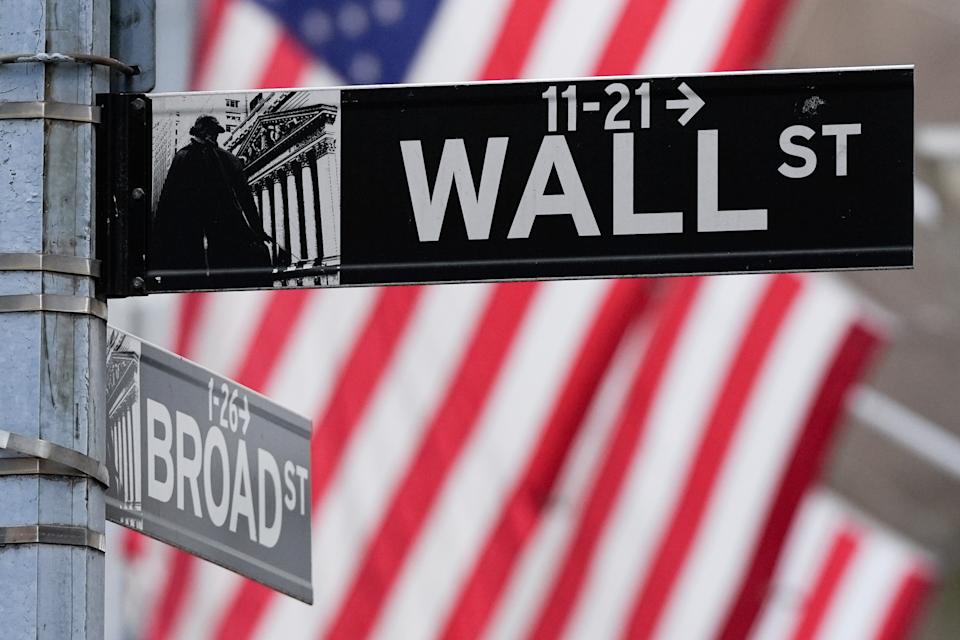Link copied
UK inflation rate falls for first time in five months to 3.6% in October.
general :: 2025-11-19 :: source - yahoo finance
By Pedro Goncalves
UK inflation eased in October for the first time in five months, slipping to 3.6% from September’s 3.8%, according to official data released on Wednesday. The decline offers some respite for the government and the Bank of England as they confront a softening economic outlook.
The Office for National Statistics said consumer prices index inflation had cooled from the 3.8% rate recorded in July, August and September.
A slower increase in gas and electricity prices was the biggest factor putting downward pressure on the overall inflation rate in October, the ONS said. That was alongside hotels, where monthly prices fell by 2.2%, compared with a fall of 0.2% a year ago.
Ofgem raised the energy price cap by 2% in October, but that was significantly less than the 9.6% hike last year.
ONS chief economist Grant Fitzner said: “Inflation eased in October, driven mainly by gas and electricity prices, which increased less than this time last year following changes in the Ofgem energy price cap. The costs of hotels was also a downward driver, with prices falling this month.
Read more: Best credit card deals of the week
“These were only partially offset by rising food prices, following the dip seen in September. The annual cost of raw materials for businesses continued to increase, while factory gate prices also rose.”
Core inflation, which measures price rises without volatile food and energy costs, fell from 3.5% to 3.4%.
Food and drink inflation remains high at 4.9%, with the BoE expecting it to reach a peak of 5.3% next month. Food and non-alcoholic drinks increased 4.9%, with bread and cereals leading a rise in prices, up 0.02 percentage points.
Services prices inflation, which is watched closely by the BoE, fell to 4.5% in October from 4.7% in September
Chancellor Rachel Reeves has indicated that fiscal caution will shape her autumn budget, saying she will seek to avoid tax and spending decisions that might “add to inflation” when she delivers the statement on 26 November.
In a statement, Reeves said: "This fall in inflation is good news for households and businesses across the country, but I’m determined to do more to bring prices down.
"That’s why at the budget next week I will take the fair choices to deliver on the public’s priorities to cut NHS waiting lists, cut national debt and cut the cost of living."
The central bank, which earlier this month suggested that price pressures had probably peaked, has kept open the prospect of a post-budget interest rate cut in December as policymakers grow more anxious about the economy’s underlying strength.
Read more: What we know about Rachel Reeves' budget after income tax U-turn
Lindsay James, an investment strategist at Quilter, believes today's data will push the BoE into cutting rates next month. He said: "With the budget now seemingly at risk of missing already low expectations, economic growth seems likely to come under further pressure.
"The flipside to this is that persistently above-target inflation may come down earlier than expected, ushering in larger rate cuts in its wake.
"Markets had already been pricing a strong 80% likelihood of an interest rate cut in December. Today’s data reinforces the view that inflation is now on a clearer downward trajectory and that the Bank of England will have scope to continue easing policy."
Monica George Michail, an associate economist at the National Institute of Economic and Social Research (NIESR), added:"Today’s ONS figures confirmed that inflation has reached its peak and will continue to slowly trend downwards.
"We therefore expect the Bank of England to implement two rate cuts next year but will nevertheless remain cautious in assessing the speed at which inflation is coming down."
While the inflation rate has fallen, it does not mean all goods are getting cheaper, it is just that prices are rising, on average, at a slower rate.
Daniel Casali, chief investment strategist at wealth manager Evelyn Partners, said: "Adding to this disinflationary backdrop, the upcoming budget will include higher taxes, which will reduce household disposable income and dampen demand.
"This fiscal tightening complements monetary restraint, accelerating the path toward the Bank’s 2% inflation target. In short, this makes it harder for the [Monetary Policy Committee] to justify holding rates at current restrictive levels deep into 2026."
Download the Yahoo Finance app, available for Apple and Android.
This week top market trends.
-
McDonald's US sales beat, but earnings miss the mark
2025-11-05 :: companies :: yahoo finance -
Foreign demand for US Treasuries slips in September, but Japan steps up buying
2025-11-19 :: treasuries & bonds :: reuters -
Asian shares are mostly lower despite Wall St rally and a potential end to the US shutdown
2025-11-11 :: stock :: apnews -
Bitcoin climb to continue as selling pressure eases: Analysts
2025-11-26 :: crypto :: cointelegraph -
HSBC sees S&P 500 hitting 7,500 by end of 2026 with 'more to come' in the AI trade
2025-11-26 :: stock :: yahoo finance
Recent global market news
-

2 Artificial Intelligence (AI) Stocks to Buy Before They Soar to $2 Trillion, According to Wall Street Analysts
2025-11-26 :: :: motley fool




